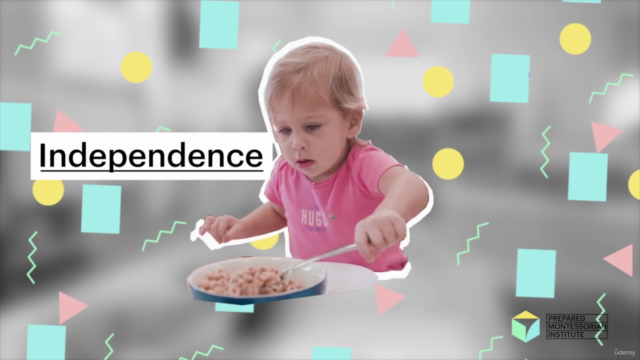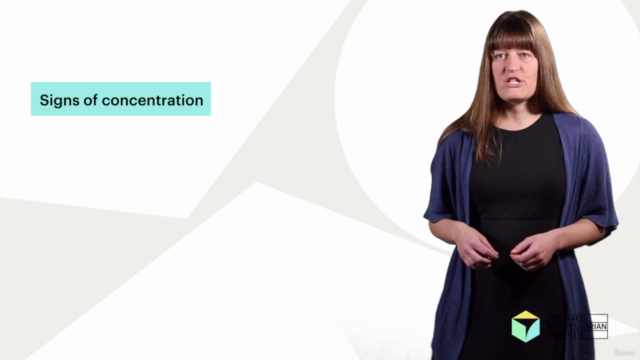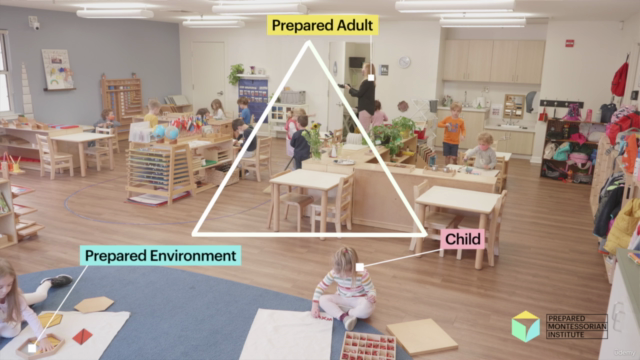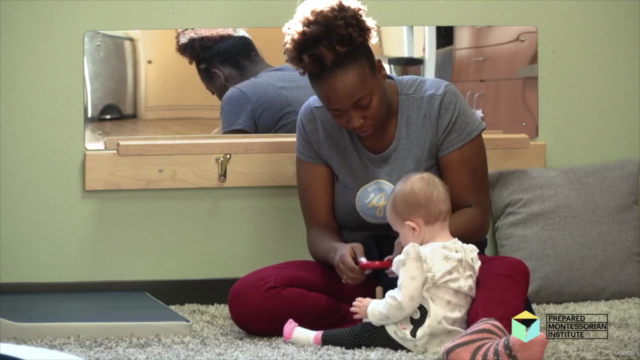How Montessori Education Works

Why take this course?
🎓 Course Overview:
This course is designed to provide an introduction to the principles and practices of Montessori education. Led by Emily Daggett, a Montessori Mentor and lifelong member of the Montessori community, the course offers a comprehensive look at how Montessori education works, its history, child development, and the importance of its unique approach to learning.
Instructor Profile:
- Life-long Montessori community member
- Attended Montessori schools through age 14
- Studied Montessori pedagogy and child development
- Worked as a guide, administrator, and volunteer in various Montessori communities
- Supported Montessori guides, parents, and in-home educators during the pandemic
- Has taught thousands online, bringing a modern application of Montessori to today's learners
Course Structure:
The lectures are divided into five sections, each focusing on different aspects of Montessori education. Here are four recommended paths for taking the course in varying time frames:
-
Path 1: "How Montessori Education Works" in 20 Minutes
- Section 4: The Montessori Equation (Lectures 22, 27, and 28)
-
"Putting Montessori into Practice" in 30 minutes
- Section 4: The Montessori Equation (All lectures from Lecture 22 to Lecture 28)
-
"How Montessori Education Works" in 45 Minutes
- Section 2: What Happens in a Montessori Classroom? (Lectures 5, 6, 7, and 11)
- Section 3: The Child, the Environment, and the Adult (Lectures 13, 14, 15, and 21)
- Section 4: The Montessori Equation (Lectures 22, 23, and 26-28)
- Section 5: Why Montessori Matters (Lecture 29)
-
"Montessori History and Child Development" in 45 minutes
- Section 2: What Happens in a Montessori Classroom? (Lecture 12)
- Section 3: The Child, the Environment, and the Adult (Lectures 13-21)
Course Content Breakdown:
-
Section 2: What Happens in a Montessori Classroom?
- Explores the activities and materials that are central to the Montessori approach.
- Includes lectures on practical life, sensorial, language, math, science, and geography materials, as well as an introduction to the Montessori Equation (Lectures 5-11).
-
Section 3: The Child, the Environment, and the Adult
- Delves into understanding the Montessori child, their developmental stages, and how the environment and the adult role support the child's growth.
- Covers topics such as respect for the child, the prepared environment, observation and individualized learning plans, and the role of the guide (Lectures 13-21).
-
Section 4: The Montessori Equation
- Unpacks the fundamental equation that explains how and why Montessori works so effectively.
- Discusses the key components that make up the Montessori classroom, including the role of choice, independence, concentration, and the mixed-age grouping (Lectures 22-28).
-
Section 5: Why Montessori Matters
- Highlights the long-term benefits of a Montessori education and its relevance to today's world.
- Provides insights into how Montessori prepares children for life (Lecture 29).
By following these paths, you can choose the most suitable way to explore and understand the Montessori approach to education based on the time you have available. Whether you're a parent, educator, or simply curious about alternative educational models, this course offers valuable insights into the world of Montessori.
Course Gallery




Loading charts...